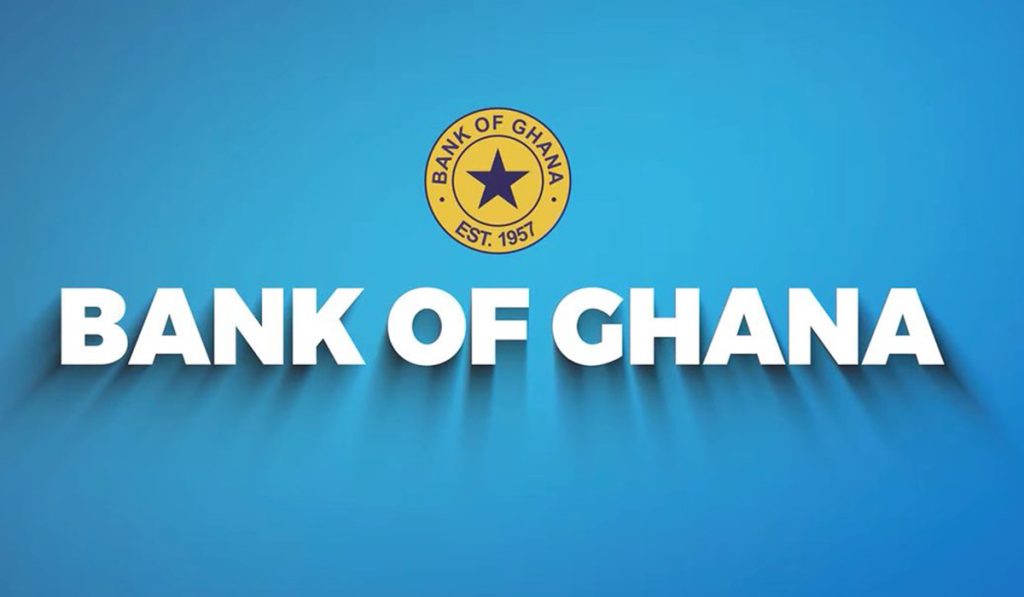Ghana is experiencing an ever-evolving digital financial landscape; this has placed the necessary spotlight on maintaining trust and integrity. It has been debated that in a digital economy, “trust” is a currency we cannot overlook. This has become a core challenge for banks and payment systems in the country and undoubtedly across Africa.
The Bank of Ghana’s recently published 2024 Fraud Report offers a sobering yet insightful glimpse into the state of fraud within the nation’s banking institutions, Specialised Deposit-Taking Institutions (SDIs), and Payment Service Providers (PSPs). It is a critical document not only for financial sector players but also for policymakers, regulators, and techlaw professionals seeking to understand and shape the future of secure financial services.
The report reveals that while the banking and SDI sectors have shown commendable improvements in fraud case management, the overall ecosystem still faces rising threats. Fraud cases increased by 5% in 2024, totalling 16,733 incidents, with an alarming 13% surge in the total value at risk, reaching approximately GH¢99 million. Notably, the PSP sector recorded the highest increase in fraud incidents, signalling a shifting battleground where digital vulnerabilities are increasingly exploited.
One of the most striking insights from the report is the dominance of forgery and document manipulation as the top fraud typology, accounting for a staggering 67% of the value at risk within banks and SDIs. This sharp rise provokes a critical question:
What specific systemic gaps in verification and customer due diligence allowed forgery and identity theft to surge so significantly in 2024? Analysis of the sector points to weaknesses in document validation processes, reliance on manual verifications, and insufficient real-time checks of national identification systems. For a financial ecosystem rapidly adopting digital platforms, these gaps are concerning. To tackle this, institutions must invest in advanced biometric verification, at the risk of another buzz-term, let’s say AI-powered fraud detection, and centralised KYC (Know Your Customer) databases that integrate seamlessly with the national ID, Addressing and SIM database schemes.
The report also throws a spotlight on the Payment Service Providers, who recorded an 18% increase in value at risk despite significant investments in fraud control systems. As mobile money and digital wallets become mainstream, fraudsters have shifted their tactics towards mobile money platforms and social engineering exploits. This trend raises another fundamental inquiry:
Given the rising trend in PSP-related fraud, should the regulatory framework for PSPS be made stricter compared to traditional banks? From a legal and regulatory perspective, it is evident that a more dynamic and adaptive framework is required. PSPs often operate at faster speeds and scales than traditional banks, yet their compliance and security structures, in most cases, lag.
Regulators must thus reimagine oversight models that are not merely extensions of banking regulations but are tailored to the unique risks of digital finance, including requirements for periodic vulnerability assessments, mandatory adaptive-based fraud monitoring systems, and, more crucially, agent-level security audits.
Beyond the systems and technologies, the human factor continues to undermine fraud mitigation efforts. The 2024 data shows a 33% increase in staff involvement in fraud across banks and SDIs, with cash theft and suppression leading the misconduct chart. The fact that only 43% of implicated staff were dismissed points to operational and legal inertia, often due to lengthy litigation or internal reluctance to prosecute. This scenario brings us to a crucial strategic dilemma:
How can banks and SDIs balance the cost of implementing enhanced internal controls with maintaining affordable financial services for customers? Striking this balance requires a nuanced approach. Financial institutions must view investments in fraud prevention not as sunk costs but as essential pillars for long-term competitiveness and customer loyalty. Moreover, regulatory incentives, such as tax breaks or supervisory credits for banks that achieve certain fraud reduction targets, could encourage institutions to upgrade their security architecture without necessarily passing on the costs to consumers.
The Bank of Ghana’s directives in the report align with these realities. Stronger internal controls, multi-factor authentication for all digital services, regular staff rotations, customer education programs, and intensified collaboration with law enforcement agencies are highlighted as non-negotiable imperatives. However, enforcement remains the Achilles heel; the legal community, especially techlaw practitioners, must advocate for faster adjudication of fraud-related cases and the modernisation of evidence laws to accommodate digital forensics and cross-border data exchange.
Ultimately, the 2024 Fraud Report is more than just a statistical ledger; it is a clarion call for collective responsibility. Banks, PSPs, regulators, customers, and legal practitioners must realize that the fight against fraud is continuous, evolving, and deeply intertwined with the health of Ghana’s — and by extension, Africa’s — digital financial ecosystem. At the intersection of finance, technology, and law lies the opportunity to build a banking future that is not only innovative but resilient, inclusive, and trustworthy.
–
The writer, Desmond Israel Esq, is the founder of Information Security Architects Ltd and a Law lecturer at the Ghana Institute of Management and Public Administration (GIMPA) Law School.
He is also a thought-leader, lawyer and technology law expert with an LL.M. in National Security and Cybersecurity from George Washington University as a GWLaw Merit Scholar. He was a former fellow with the Centre for AI and Digital Policy in Washington, DC and a member of IIPGH. Email: desmond.israel@gmail.com
DISCLAIMER: The Views, Comments, Opinions, Contributions and Statements made by Readers and Contributors on this platform do not necessarily represent the views or policy of Multimedia Group Limited.


